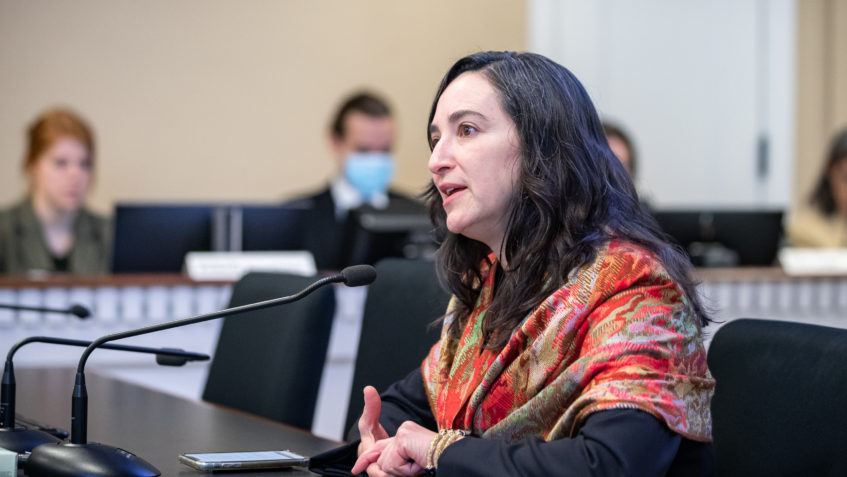OLYMPIA – A new bill aimed at improving transparency and gathering essential data on H-2A workers in Washington state was heard in the Labor & Commerce Committee on Monday.
SB 5996, sponsored by Sen. Rebecca Saldaña (D-Seattle), focuses on enhancing the H-2A Temporary Agricultural Worker Visa Program and ensuring equitable implementation of the prevailing wage program for both migrant and local agricultural workers. The bill emphasizes the importance of comprehensive data collection during field checks and visits, aiming to provide crucial information necessary for the Advisory Committee to make informed recommendations to government agencies and the Legislature. By supporting all agricultural workers, the proposed legislation strives to create a more just and effective system for the benefit of the entire industry.
“This bill is a crucial step toward safeguarding the rights of agricultural workers — the heart of our agricultural industry — allowing them to make a living regardless of their status,” Saldaña said. “I am committed to working with all members of our farming community to help them thrive by centering the dignity, respect, and fair treatment of essential agricultural workforce.”
Under the proposed legislation, the Employment Security Department (ESD) will collect specific data during field checks or visits of employers using H-2A workers. This includes information on the number of H-2A workers at each worksite and the location where these workers live during their employment. The data will be compiled and compared with the employer’s initial H-2A application, providing an accurate picture of compliance and potential discrepancies. This information will be made available quarterly to the Advisory Committee, promoting accountability and transparency.
The bill also introduces an annual wage survey for workers involved in hand harvesting apples, cherries, pears, and blueberries. Led by the Office of Agricultural and Seasonal Workforce Services (ASWS), the survey will gather data on wage rates, demographics, and employment history. The collected data will be submitted annually to the Legislature by May 1st, offering valuable insights into the challenges faced by hand harvesters and potential areas for improvement.
Follow the bill’s progress here.
###




